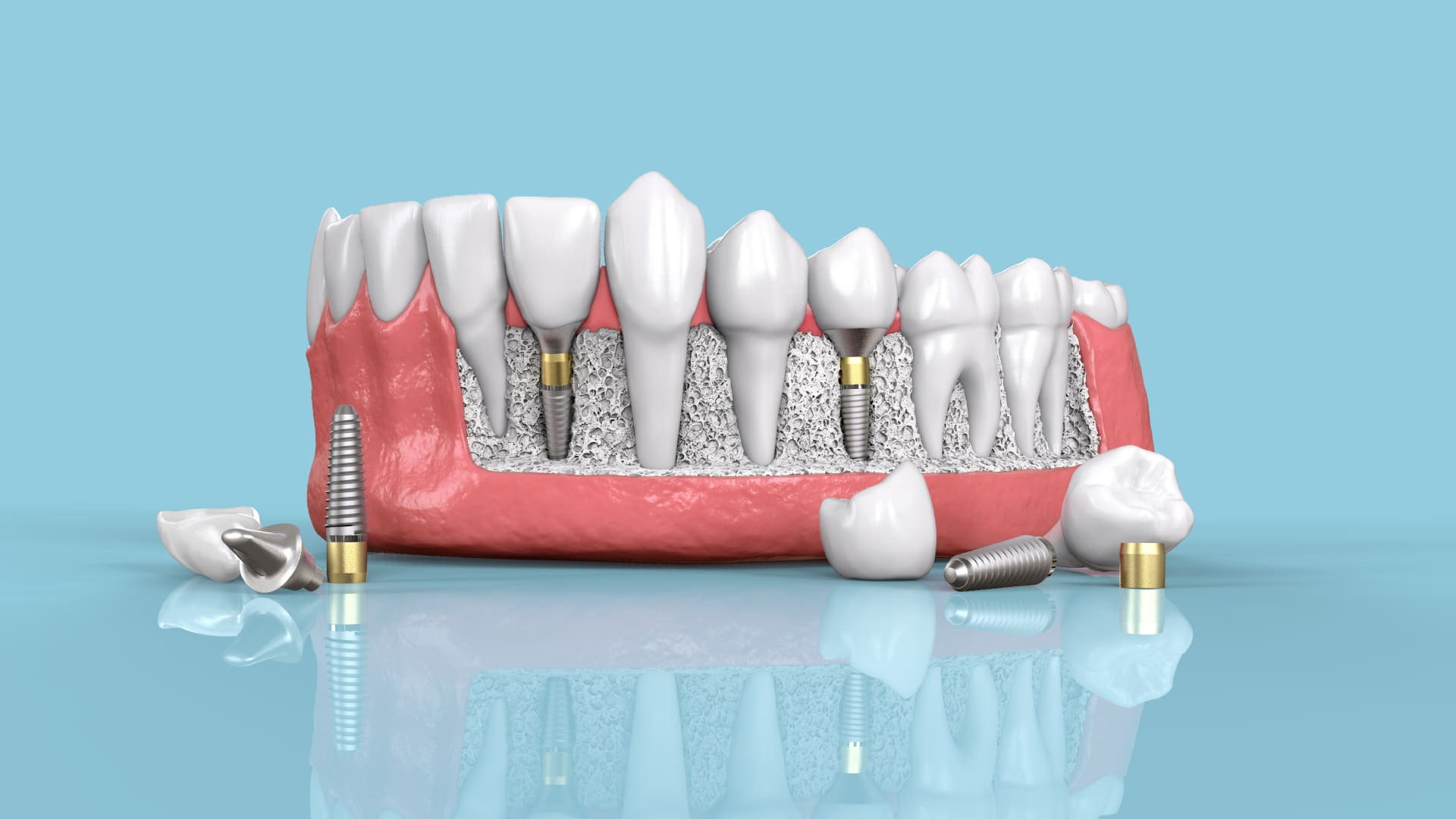In This Article
Introduction:
This is David and I am a dental implant educator at Chicago Implant Studio. One of the things that our patients are curious about at their dental implant consultation session is “Dental implant cost and reimbursement options”
When it comes to replacing missing teeth, dental implants have become a popular choice due to their natural appearance and long-term durability. However, the cost of dental implants can be a concern for many individuals. In this article, we will explore the factors influencing dental implant cost and reimbursement options to make this transformative dental procedure more accessible.
Understanding Dental Implant Cost
The cost of dental implants can vary depending on several factors, including the number of implants required, the complexity of the case, the location of the dental clinic, and the expertise of the dentist. On average, a single dental implant can range from $1,500 to $6,000 or more. Additional expenses may include pre-implant procedures like X-rays and dental extractions, as well as post-implant restoration with crowns, bridges, or dentures.
Factors Influencing Dental Implant Cost
- Number of Implants: The total cost will naturally increase if multiple teeth need replacement, as each implant is a separate procedure.
- Implant Material: Dental implants can be made from various materials, such as titanium or zirconia. The choice of material can affect the overall cost.
- Bone Grafting: In cases where the jawbone lacks density or volume, bone grafting may be necessary to ensure successful implant placement. This additional procedure can impact the overall cost.
- Location: Dental implant costs can vary geographically. Urban areas generally have higher costs compared to rural regions.
Reimbursement Options for Dental Implants
While dental implants may seem expensive, several Dental implant cost and reimbursement options can help alleviate the financial burden:
- Dental Insurance: Review your dental insurance policy to determine if it covers dental implants. Some plans may provide partial or full coverage, depending on the circumstances and the specific insurance provider.
- Flexible Spending Accounts (FSAs) and Health Savings Accounts (HSAs): These accounts allow you to set aside pre-tax funds for medical expenses. Check if dental implant costs qualify for reimbursement through your FSA or HSA.
- Dental Discount Plans: Consider joining a dental discount plan that offers reduced fees for various dental procedures, including dental implants. These plans may provide significant savings, particularly if you require multiple implants.
- Financing Options: Many dental clinics offer financing plans to help patients manage the cost of dental implants. These plans allow you to spread the payments over time, making the treatment more affordable.
Conclusion
Dental implant cost and reimbursement options offer a reliable and aesthetically pleasing solution for missing teeth, but the cost can be a concern. By understanding the factors influencing dental implant cost and exploring reimbursement options, you can make informed decisions about your oral health and restore your smile with confidence. Remember to consult with a qualified dentist to determine the best treatment plan for your specific needs and explore the available financial assistance options.
Investing in your dental health can have long-lasting benefits. Don’t let cost be a deterrent to achieving a beautiful, functional smile through dental implants. Explore reimbursement options and take the first step towards a confident and complete oral future.
Schedule a Free Consultation Today
From single and multiple tooth to full jaw All-on-4 dental implants, Chicago Implant Studio helps patients of all ages enjoy eating, gain their confidence, and smile again. Find out how dental implants can improve your life and overall health . Schedule a free consultation online today or call us at (331) 257-7999.






